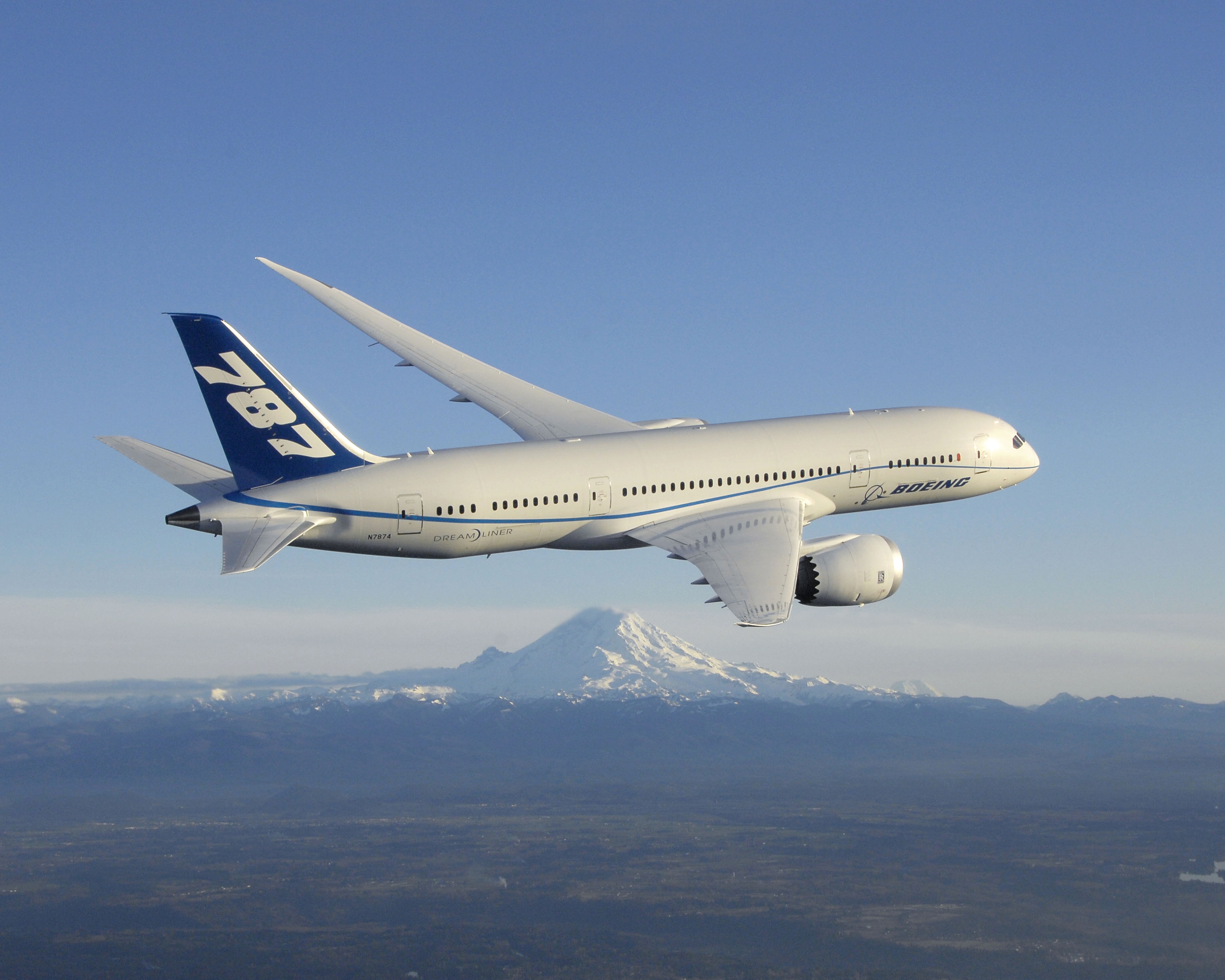Military
Boeing Should Ground the Dreamliner Before Someone Gets Hurt
Published:
Last Updated:
First, the Boeing Co. (NYSE: BA) 787 Dreamliner was years late against delivery targets that roiled airlines worldwide as their fleet plans had to be scuttled. Now, the Dreamliner may well be too dangerous to fly, which should push the plane out of service until safety issues are resolved. Once again, carriers could be forced to alter fleet aircraft compositions, both present and future. But, it would be a small price to pay to protect passengers.
More mechanical problems with the 787, particularly a second problem with the JAL Dreamliner fleet in just two days, caused the The NTSB to issue the following statement:
The National Transportation Safety Board today released an update on its formal investigation of Monday’s fire aboard a Japan Airlines Boeing 787 at Logan International Airport in Boston. There were no passengers or crew on board at the time. One firefighter received minor injuries.
In addition to an investigator already on scene who visually inspected the airplane last night, the NTSB has sent two additional investigators to Boston and formed investigative groups to look at airworthiness and fire and airport emergency response. Senior Air Safety Investigator David Helson has been designated as the investigator-in-charge.
Parties to the investigation are the Federal Aviation Administration and The Boeing Company. In addition, the Japan Transport Safety Board has appointed an accredited representative and Japan Airlines will assist the JTSB as technical advisors.
A second Dreamliner leaked fuel before the flight crew decided to stop plans for a takeoff.
The term “airworthiness” should send shudders through carriers, passengers and Boeing shareholders. It should not take even one more problem for Boeing to make a decision to ground the 787. Or, if the manufacturer will not, the NTSB, and similar authorities in other nations should.
The trouble with the Dreamliner raises fiduciary issues about public safety. If the 787 cannot fly because it may have significant flaws in its design or assembly process, what happens if one plane crashes or has a serious fire? Boeing, the airlines who fly the 787 and federal authorities could face millions and millions of dollars in penalties and suits from passengers, but the question is more substantial than that.
Do any organizations, which might have prevented an accident by grounding the fleet, want to carry the moral burden of the fates of hurt or killed passengers?
Start by taking a quick retirement quiz from SmartAsset that will match you with up to 3 financial advisors that serve your area and beyond in 5 minutes, or less.
Each advisor has been vetted by SmartAsset and is held to a fiduciary standard to act in your best interests.
Here’s how it works:
1. Answer SmartAsset advisor match quiz
2. Review your pre-screened matches at your leisure. Check out the advisors’ profiles.
3. Speak with advisors at no cost to you. Have an introductory call on the phone or introduction in person and choose whom to work with in the future
Get started right here.
Thank you for reading! Have some feedback for us?
Contact the 24/7 Wall St. editorial team.